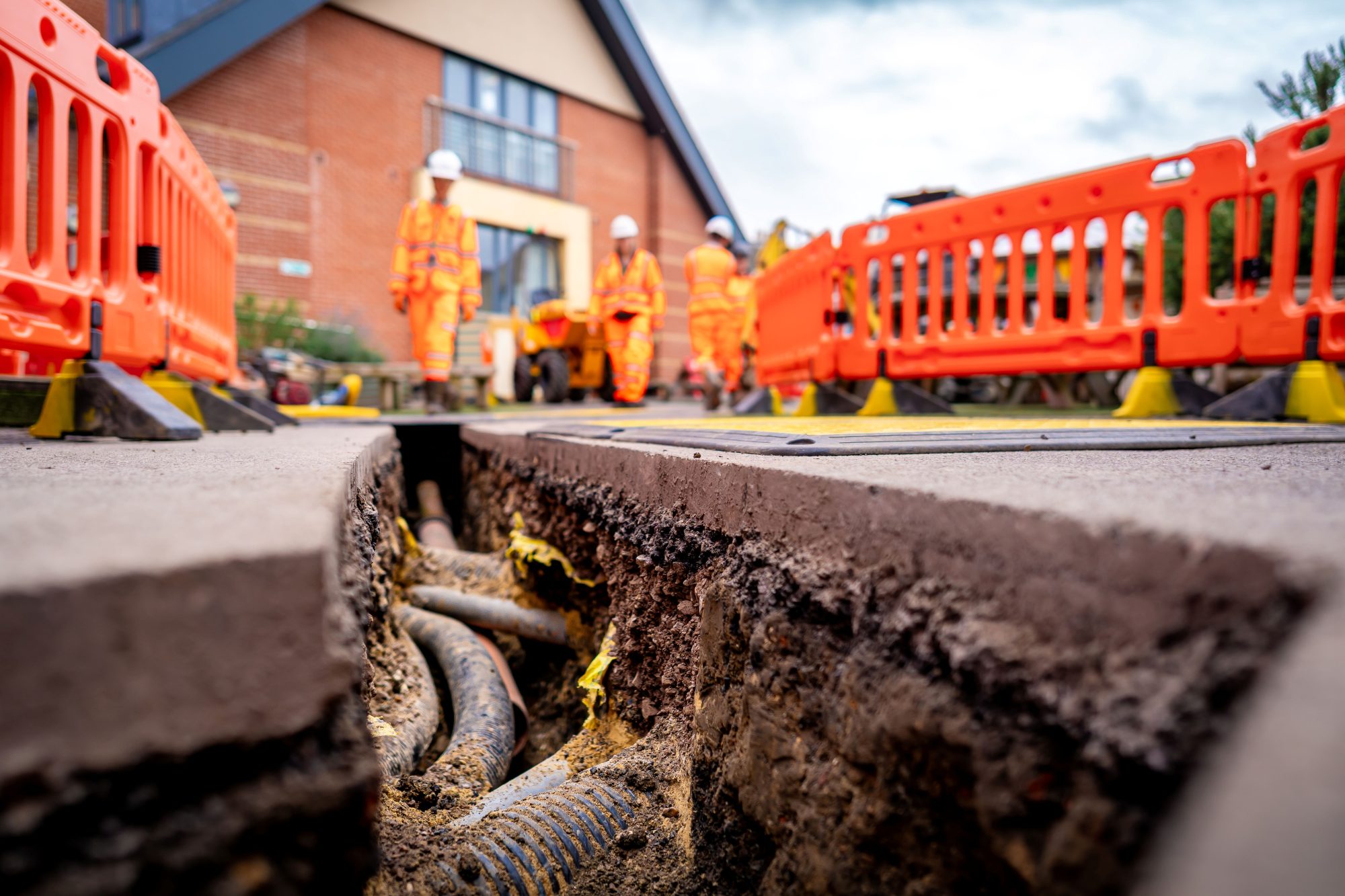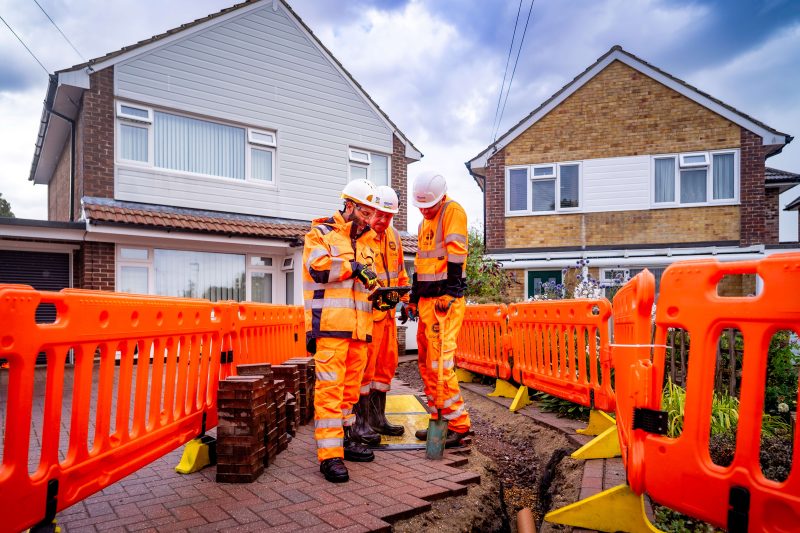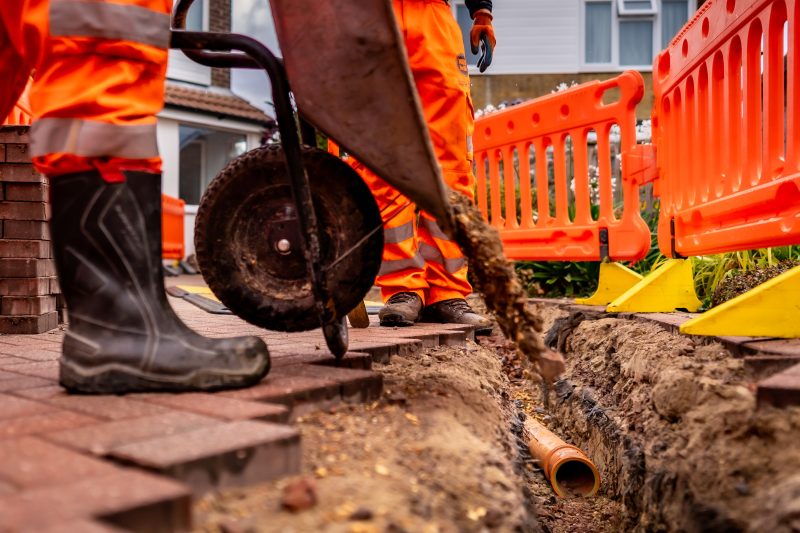New Street Works Protocol: A Step Forward in Environmental Responsibility
Category: Case Studies, Environment

Introduction
Cappagh Browne’s Response
In preparation for the rollout, Cappagh Browne updated its procedures and delivered training across the business. Two types of assessments now guide waste classification: desktop assessments completed by Project Coordinators before excavation, and site assessments carried out by operatives using a structured set of questions.
While the new process may lead to more hazardous waste being identified, it’s designed to be straightforward and shouldn’t delay project timelines.
Training sessions were delivered to supervisors and cascaded to operatives. The protocol was also a key focus during September’s stand-down events held across Kent, Sussex, Hampshire, and the Isle of Wight, attended by all employees.
Our digital workflow system supports compliance by logging assessments and making them easily accessible when needed.

Benefits for Communities and the Industry
For residents, road users, and local businesses, the protocol promises long-term environmental benefits with minimal disruption. Some sites may require additional space for waste segregation, but our teams are focused on clearing waste quickly to reduce inconvenience.
This marks a significant step forward for the industry, and Cappagh Browne is proud to be part of the transition. As the central register for street works expands, it will become a vital resource for improving safety and sustainability.
Looking Ahead
This initiative aligns with our broader sustainability goals, including our commitment to ISO 14001 certification. While the new protocol is a substantial undertaking, it marks a positive step toward a more responsible and unified approach to waste management across the sector.
We’re ready-and committed-to driving this change forward.

Category: Case Studies, Environment
